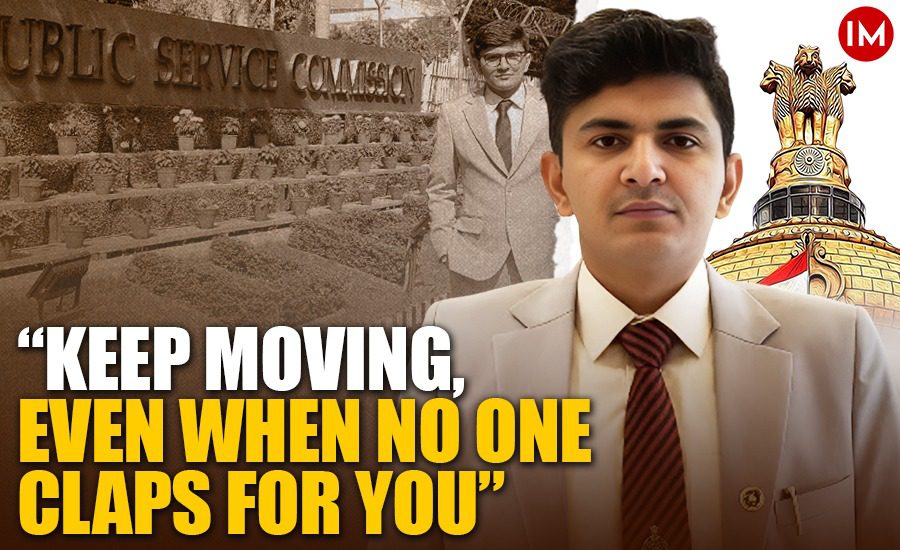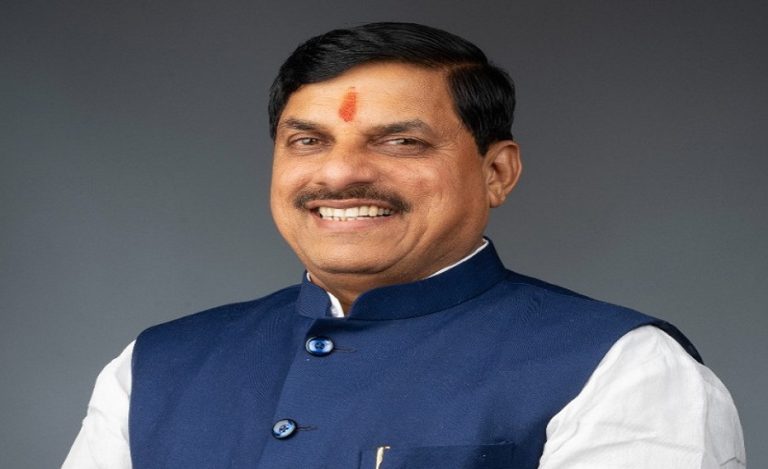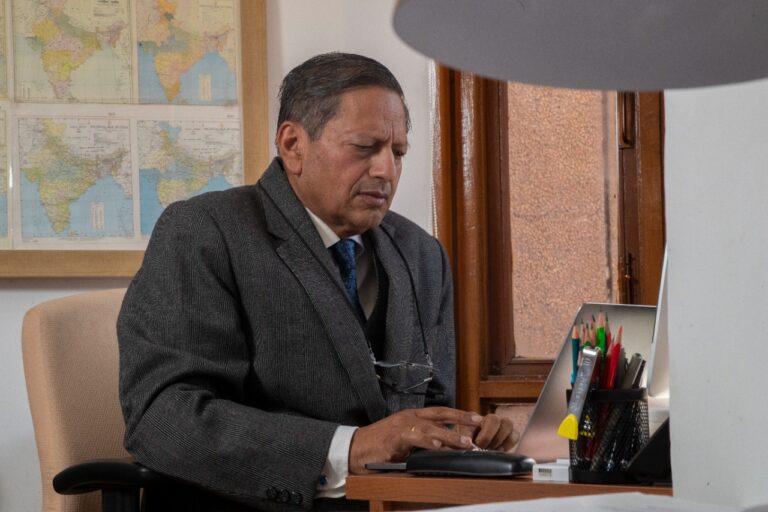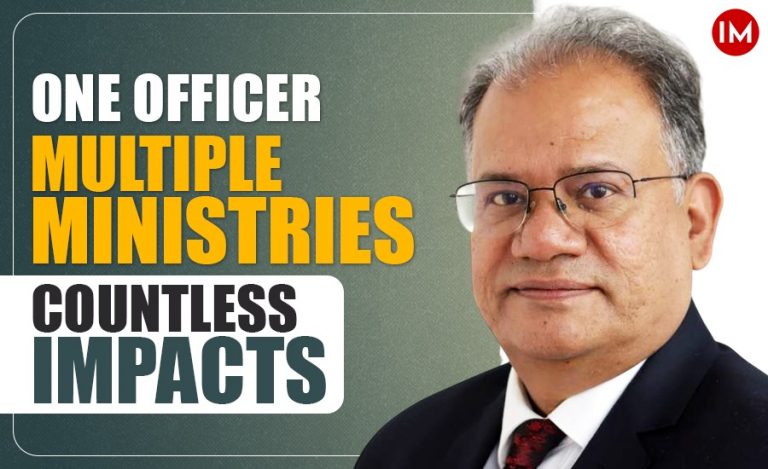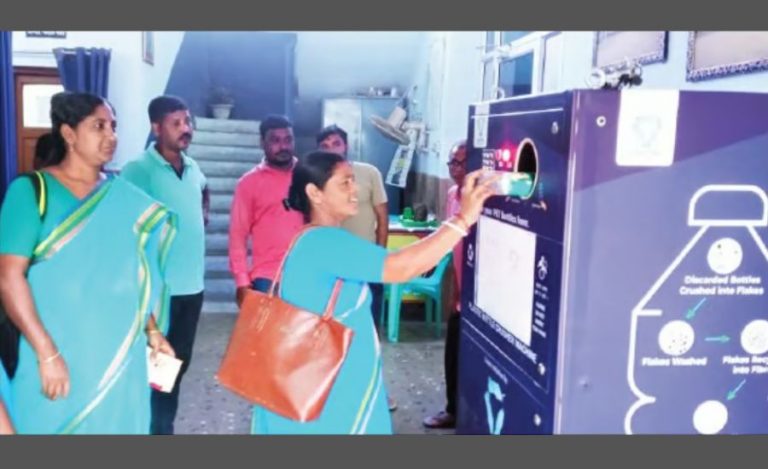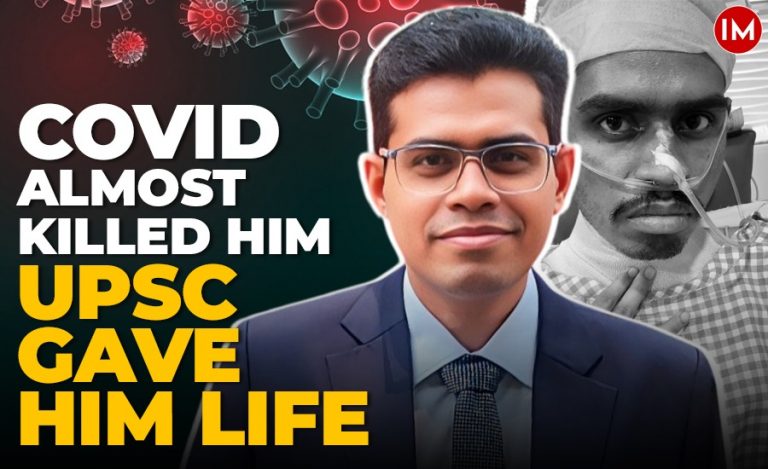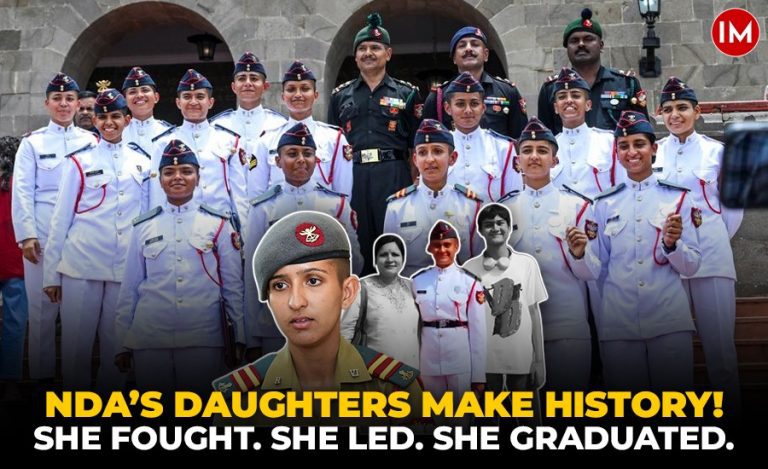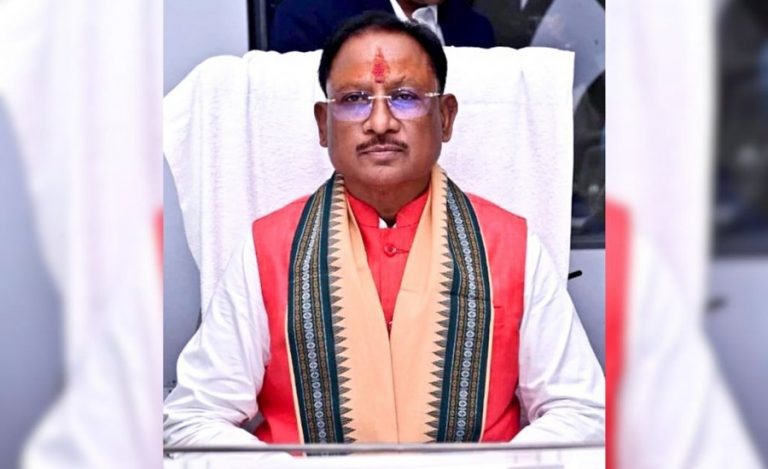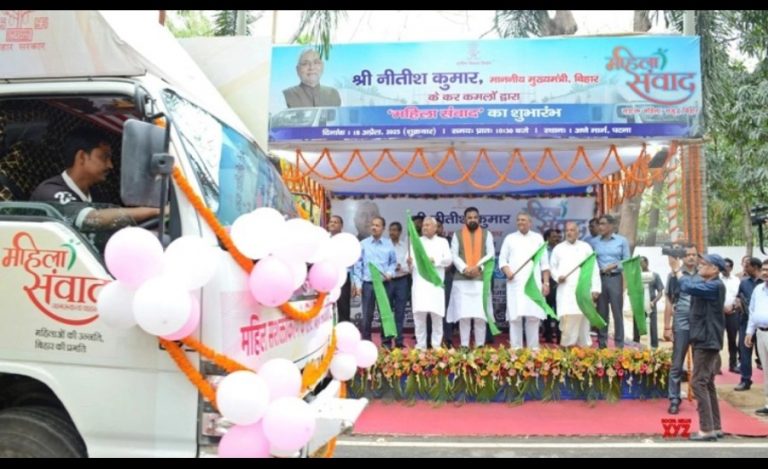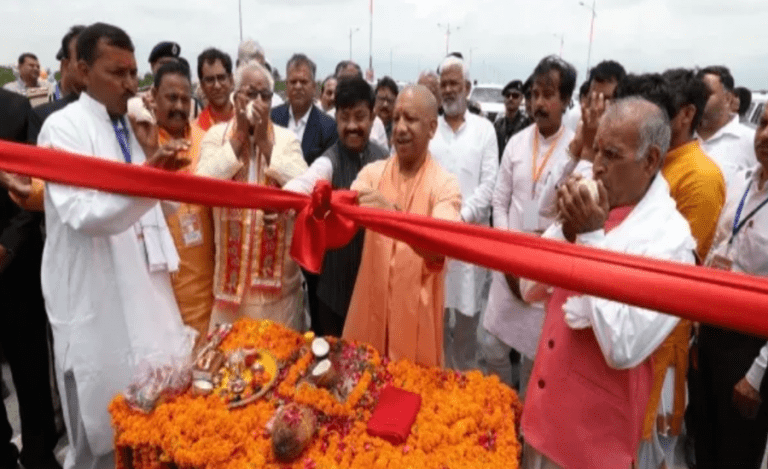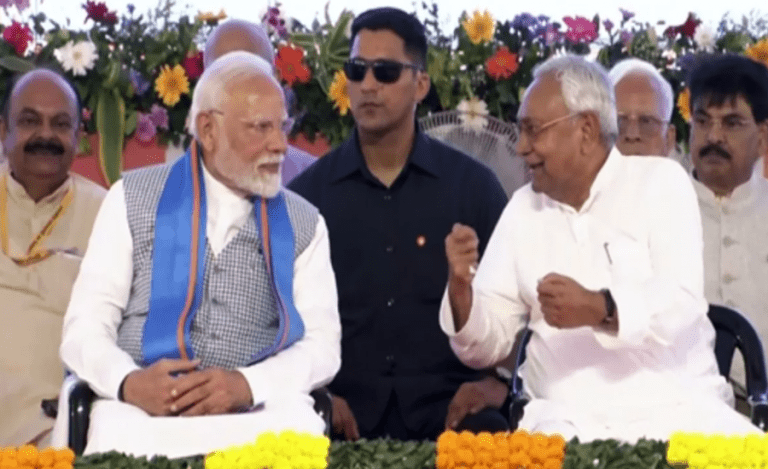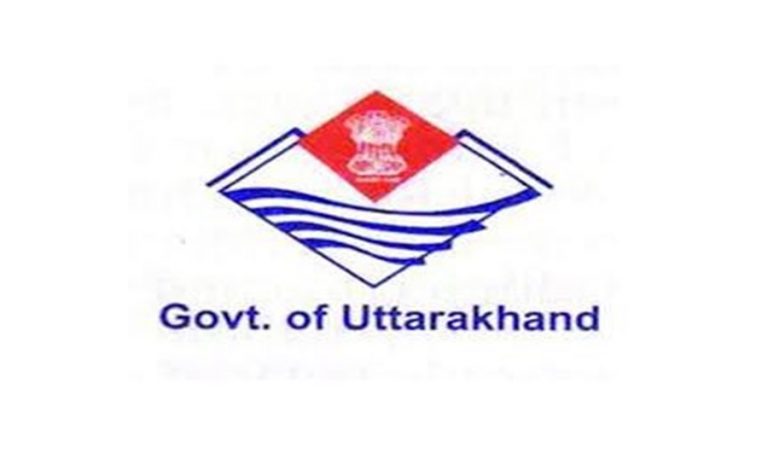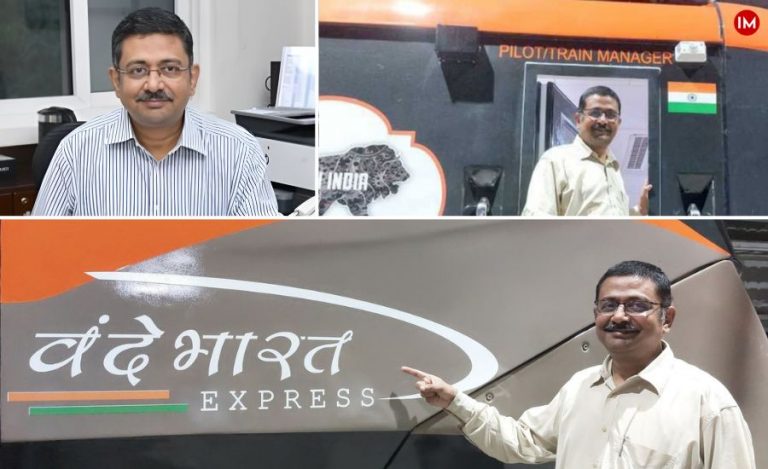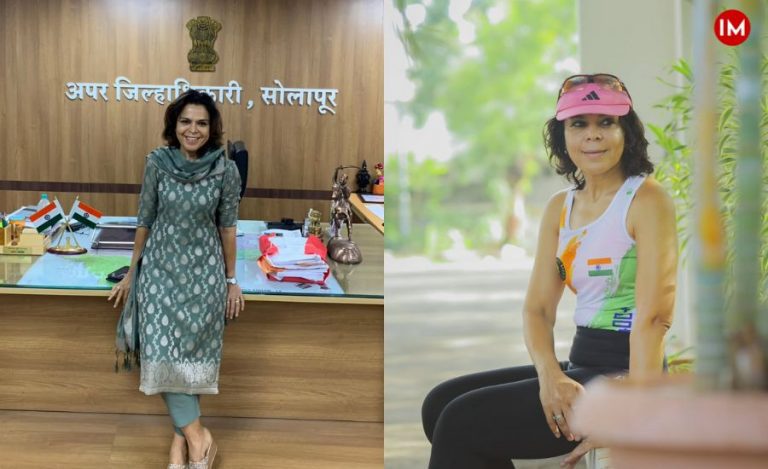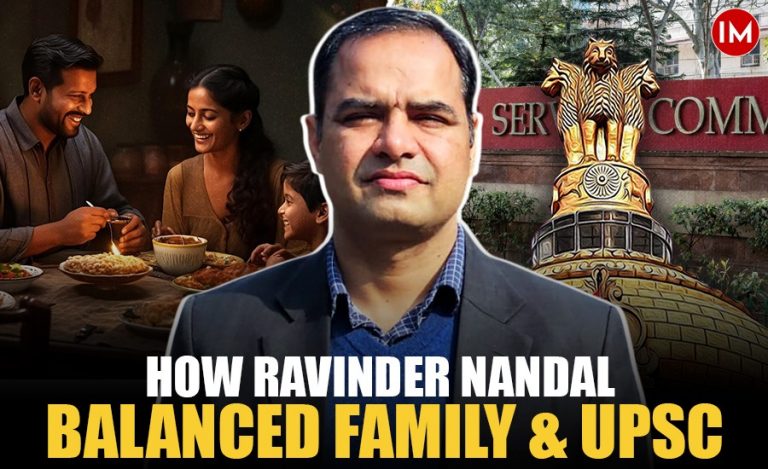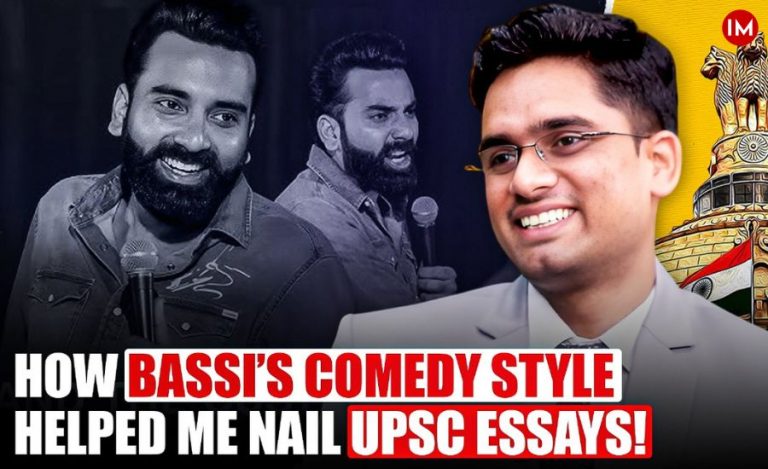Jogender Sihag, a name now echoing with success as AIR 521 in the UPSC CSE 2024, hails from a joint family in a small village in Haryana, where farming is the primary occupation. His journey is a powerful narrative of dedication, loss, and ultimately, triumph. From an early age, the seed of civil service was planted by a teacher during his 11th grade. “Initially, it was just a fleeting thought, something I heard about,” Jogender recalls. “But slowly, the idea began to settle within me,” he told Indian Masterminds.
THE FOUNDATION YEARS
Jogender’s grandfather became his biggest motivator and supporter. When he moved to Jaipur for his graduation at Rajasthan College, University of Rajasthan, his entire joint family rallied behind him, pooling their resources to support his education. “My family, especially my grandfather, put all their resources towards my studies,” he shares, highlighting the collective effort that underpinned his aspirations. Coming from a modest background, neither very rich nor very poor, Jogender began his preparation, becoming more serious in his final year of graduation.
THE DARKEST HOUR
The true test of his resolve came when he moved to Delhi to intensify his preparation. This period marked the beginning of what Jogender describes as the “darkest phase” of his journey. In May 2022, he lost his maternal grandfather. Just seven months later, in December 2022, his 18-year-old brother passed away. The blows continued in May 2023, when his beloved grandfather, his guiding light and main motivation, also left him, just before his UPSC exam. “I couldn’t recover from the shock,” he admits, explaining why he couldn’t clear the exam that year. Despite the profound grief, Jogender held on.
In 2024, a turning point arrived in the form of Nitin Gautam, who became a mentor, a guide, and like an elder brother. His friendship with Hemant Pareek (UPSC CSE 2023 AIR 884) also provided a strong support system. They moved to Delhi together and navigated the demanding preparation process as a team.
STRATEGIES FOR SUCCESS
Jogender’s UPSC journey was his second attempt. In his first attempt, he was out in the preliminary round. Sharing his strategies, he emphasises a multi-pronged approach for each stage of the exam:
Prelims: Static and PYQs
For Prelims, Jogender stresses the importance of prioritising static portions and Previous Year Questions (PYQs). He believes many aspirants make the mistake of solely focusing on current affairs, neglecting the foundational static subjects like history and polity. “Prelims does not have a syllabus; PYQs are your GPS,” he states. He recommends solving PYQs at least five to six times, as each attempt reveals a new approach to tackling questions. The correct order, according to him, is to master NCERTs, then move to standard books, all while consistently solving PYQs.
CSAT
For the Civil Services Aptitude Test (CSAT), Jogender’s advice is simple: “CSAT is purely about PYQs.” Repeatedly solving PYQs helps identify frequently asked topics such as number systems, probability, averages, and percentages. He cautions against relying solely on mathematics, citing the difficulty of the math section in the 2023 exam. Aspirants should be flexible and adapt their strategy based on the exam’s difficulty. If a topic isn’t clear, he suggests seeking help from YouTube or other resources.
Mains: Syllabus Keywords and Purposeful Answer Writing
For Mains, Jogender highlights the significance of the syllabus. Every keyword, from irrigation to land reform, should be thoroughly understood. PYQs again play a crucial role in identifying the most important keywords within the syllabus. He advises aspirants to identify the purpose of their answer writing – be it revision, testing their ability to articulate known information, or improving speed. He also emphasises understanding the unique demands of each subject. For example, while geography might cover earthquakes, the answer for disaster management should reflect a different perspective. “Don’t just write for the sake of it; understand why you are writing,” he advises. Thorough research on PYQs, beyond just checking options, is also essential.
Interview
The interview stage, according to Jogender, often sees candidates neglecting static knowledge. He advises revising the entire Mains syllabus during the gap period. Furthermore, focusing on graduation subjects, especially those relevant to current affairs, is crucial. For Jogender , who studied economics, political science, and physical education, questions related to economics were asked extensively.
He also emphasises leveraging personal background and family knowledge. For instance, he called his elder brother to understand current agricultural practices, as farming was his family’s main occupation. This provided him with practical insights beyond textbooks. “Your family can tell you more about your background than any book,” he affirms. He advocates for answers that are not just factual but also creative and filled with personal experience. Recalling his own interview, he shared how his love for Premchand was rooted in conversations with his grandfather, who would share stories that resonated with Premchand’s literature. This allowed him to connect with the literary works on a deeper, more personal level.
THE MOMENT OF TRUTH
When the results came out, Jogender ‘s video, shared by Hemant, of him calling his family went viral. The overriding emotion for him was the absence of his grandfather and brother. “All I could feel was that my grandfather and brother weren’t there,” he shares, his voice tinged with emotion. “I was waiting for that moment, to call my grandfather and tell him I made it,” Jogender told Indian Masterminds. The tears in the video were a mix of grief for what he had lost and joy for what he had achieved for his family.
Throughout his rigorous preparation, Jogender maintained a few hobbies. He enjoys watching science and adventure movies. During the later stages, he developed a keen interest in reading government initiatives and understanding the country’s developments. “Reading became a new hobby during this journey,” he notes. Interestingly, he completely detached himself from social media at the beginning of his preparation. “The day I left Jaipur for Delhi, I deleted Instagram and WhatsApp,” he reveals. He prefers talking and reading books over using his phone.
A MESSAGE FOR ASPIRANTS
Jogender, who expects to get IAS with his rank, offers a powerful message to those struggling in their preparation: “Never stop in life.” He believes that struggle is often boring, and only the result is interesting. “Don’t expect people to appreciate you when you are struggling or failing,” he advises. “You put in your effort; maybe luck wasn’t on your side, but try again. Fight, lose, it’s okay, but don’t stop. Keep moving.” His journey is an example of the idea that with unwavering spirit, challenges can be overcome, and dreams can be realised. “Life is short; make the most of it, whether in civil service or any other field,” he concludes. “Just have a clear vision for your life.”

